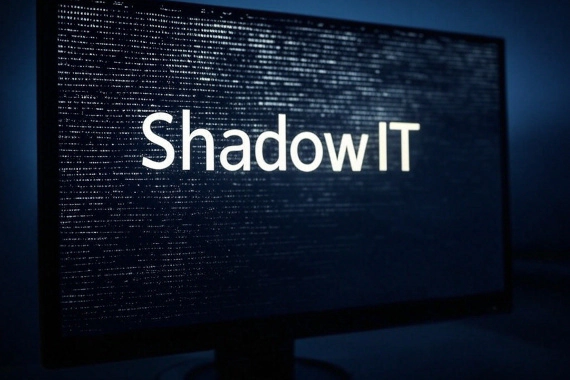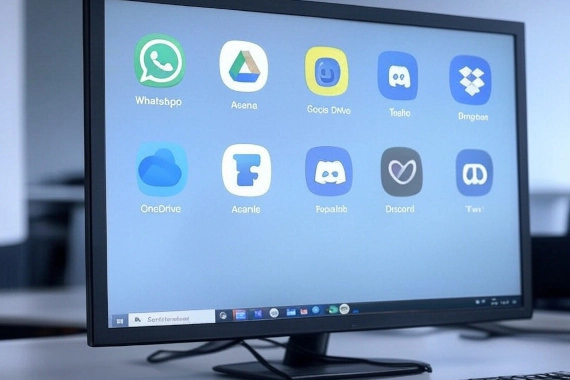
Creating a Shadow IT Policy: A Step-by-Step Guide
What is shadow IT and why is it a problem? Shadow IT refers to software that employees use for work without the …

Struggling to keep track of the latest data breaches?
Wondering how Dark Web scans can help protect your business?
According to IBM, it takes organizations an average of 194 days to identify a data breach.
The same study found that, on average, organizations leveraging threat intelligence identified threats 28 days faster.
Dark Web scans are a critical part of threat intelligence.
In this post, we’ll cover what Dark Web Scans are, how they work, the types of data they find, and how best to leverage them, but first let’s talk about the Dark Web.
The Dark Web is a portion of the internet not indexed by standard search engines.
It’s accessible only through specific software like the Tor browser.
It’s designed for anonymity, routing your internet traffic through multiple encryption layers to hide your identity and location.
While this anonymity is great for privacy advocates and journalists, it also serves as a haven for illegal activities.
Here, you can find markets for everything from drugs and weapons to stolen data and more.
RECOMMENDED READING: Deep Web vs. Dark Web: Understanding the Difference
Dark Web scans use specialized tools to systematically crawl through hacker forums, marketplaces, and paste sites, accessible only via networks like Tor.
These scans look for specific keywords, data breaches, or personal information that might be listed.
Common examples of detected threats include leaked credentials, company data for sale, threat actors selling initial access, and planned attacks.
By regularly monitoring these spaces, businesses can mitigate threats before they’re exploited.
A dark web scan can reveal a variety of information, including:
There are a couple of different ways to figure out if your data is on the dark web:
If your information is found on the Dark Web, it’s a cause for concern but not necessarily a reason to panic.
It indicates that your data, such as email addresses, passwords, or financial details, have been exposed through a data breach or other means.
The most important thing is to mitigate the risk as quickly as possible.
This often includes changing passwords, enabling two-factor authentication, monitoring financial accounts, and putting in place a credit freeze if sensitive data like Social Security Numbers are involved.
Unfortunately, it’s nearly impossible to completely remove your information from the Dark Web once it’s there.
The Dark Web operates on anonymity and lacks central authorities or customer service to request data removal.
Once your data is leaked or sold on the Dark Web, it can be duplicated and spread across multiple sites and forums.
This makes it impossible to track and eliminate all instances of your data.
Instead of trying to remove it, the best approach is to focus on damage control.
This includes changing passwords, securing accounts with multi-factor authentication, monitoring your credit and financial accounts for suspicious activity, and possibly placing a credit freeze to prevent identity theft.
Rather than constantly manually scanning the Dark Web, a more efficient long-term solution is to use a Dark Web Monitoring Service.
These services are specifically designed to continuously search for your data across dark web forums, Telegram channels, marketplaces, paste sites, and data breaches.
Dark Web monitoring tools send actionable alerts whenever your company information, like employee credentials, financial data, or intellectual property, appears in places it shouldn’t.
Early detection enables your security team to mitigate the risk before the data is exploited.
Integrating these alerts with automated workflows can reduce the manual intervention required and speed up the response times.
For example, Breachsense returns JSON output which can be sent to a webhook to automate the remediation process.

What is shadow IT and why is it a problem? Shadow IT refers to software that employees use for work without the …

What are the Risks of Shadow IT When it comes to Shadow IT, there are five primary risks that it introduces into …